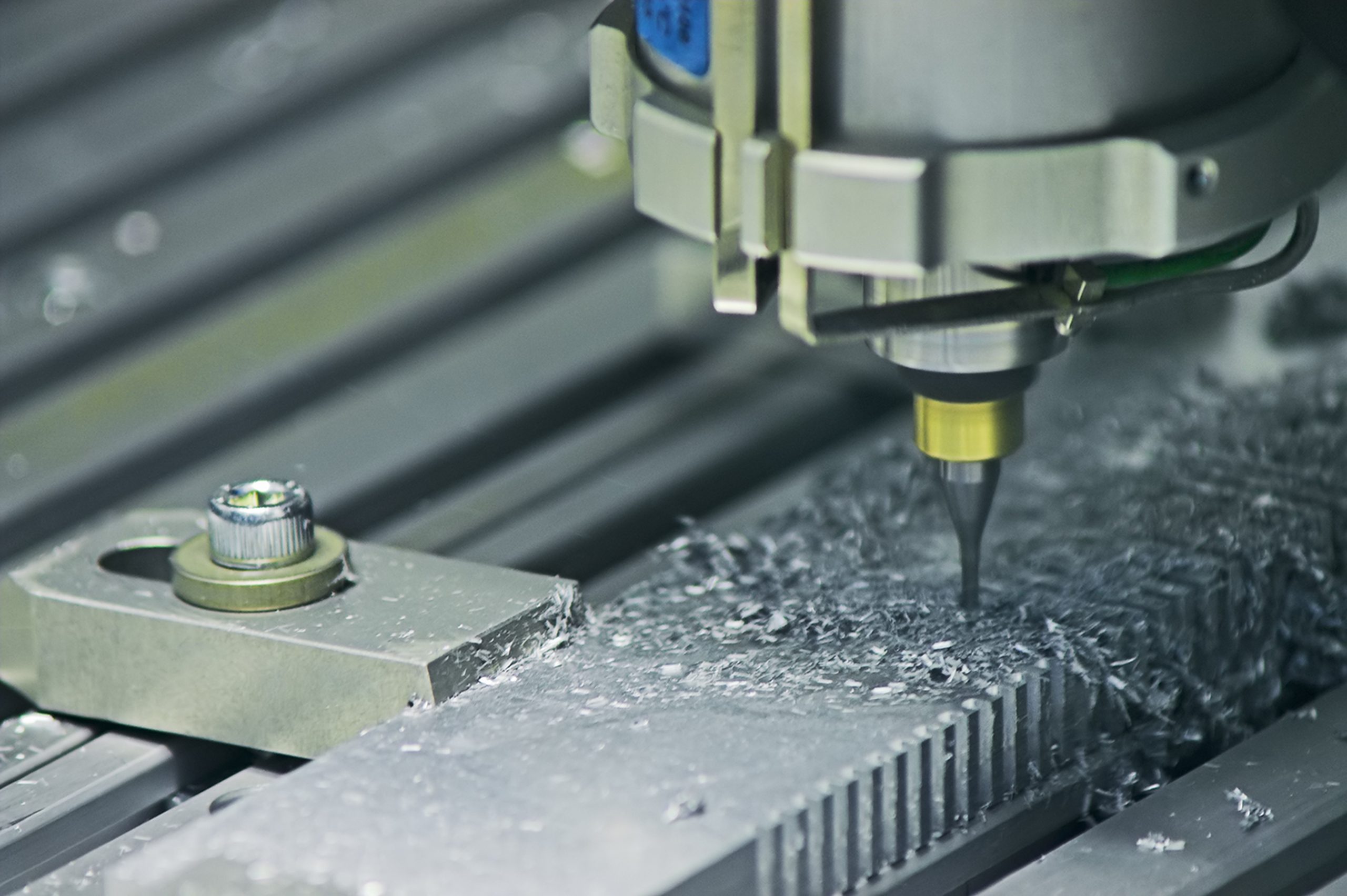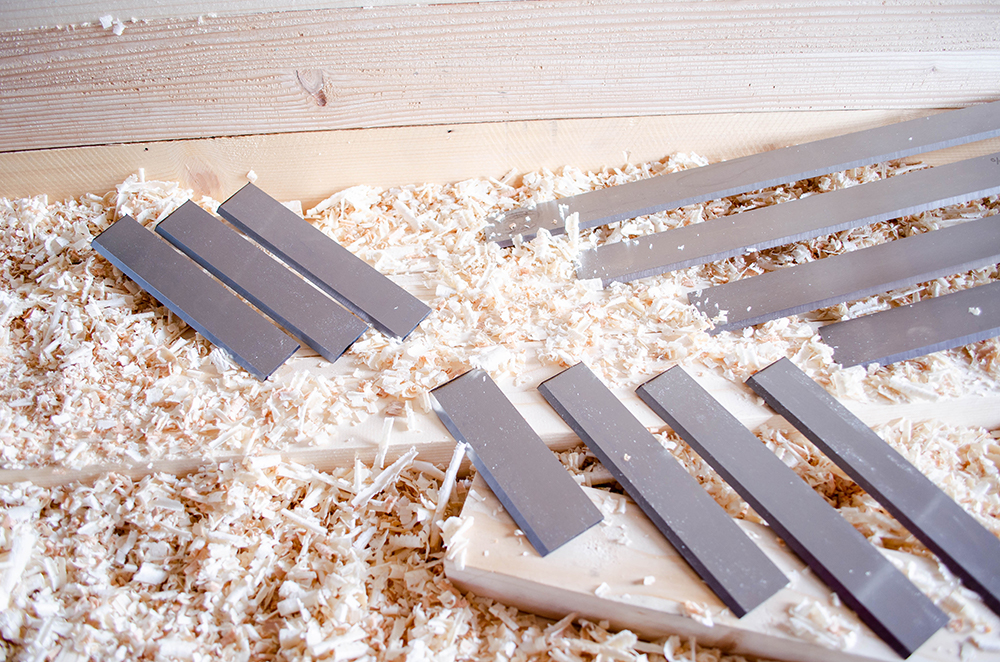Florida Knife offers Precision CNC Machining Services along with Laser Cutting and Precision Grinding to produce finished parts.
Machining refers to any manufacturing process in which equipment removes material from the workpiece until it takes the desired form. In the early years of manufacturing, machining operations were performed manually. However, recent years have given rise to precision CNC machining, which offers many advantages over traditional machining operations.
Two key benefits that manufacturers can expect from CNC machining are:
- Better repeatability: Automated CNC equipment can perform operations over long production runs without creating variations between each individual part
- High precision: CNC machining can manufacture complex products to very tight tolerances
For a comprehensive list of CNC Machining capabilities refer to our Specifications Table below.
| Specifications | |
|---|---|
| Machine Types | 3 Axis CNC Manual Lathe (3) Bridgeports |
| Materials | Steel Iron Based Superalloy Alloy Steel Carbon Steel HSLA Tool Steel Ferrous Materials |
| Tolerance | */- .001″ |
| Secondary Operations | Laser Cutting Laser Engraving & Marking 3 Axis CNC Machining Precision Grinding |
| Industry Focus | Aerospace Medical Military Automotive Marine Industrial Electronics |
Metal Machining
Many CNC machining operations work very well with metal workpieces. These machining operations involve a broad range of tools, such as lathes, drills, presses, and other types of equipment. Some common CNC metal machining processes that we offer include:
- Vertical CNC Machining
- Turning
- Drilling
- Grinding
Besides mechanically driven machining operations, CNC machining can also include welding, burning, and erosion techniques, such as laser cutting.
Specific metal machining processes vary according to the operation used by the manufacturer. For example, during a turning operation, the CNC machine’s lathe turns along two axes and makes precise cuts to remove undesirable material from the workpiece. CNC drilling is the process during which machines drill cylindrical holes in specified locations along the target material or sheet.
CNC machining can produce metal products for a broad spectrum of industries, from automobiles to construction equipment to home appliances.
Aluminum Machining
One of the most popular metals for use in CNC machining operations is aluminum. Aluminum presents exceptional machinability, especially for drilling operations. Furthermore, it offers unique thermal, electrical, and mechanical properties for end applications.
Aluminum is also a lightweight material that is often more cost-effective than denser metals. Advantages of using aluminum include:
- High level of electrical conductivity
- Many available grades
- Lighter weight relative to other metals
- Tractability
Plastic Machining
Plastic is another popular source material for CNC machining. When plastic components need to be manufactured in high volumes, CNC machining can present a cost-effective and efficient solution.
Plastic machining depends to a large extent on the rigidity of the targeted plastic workpiece. Many of the same operations used in metal machining also apply to plastic machining. The plastic machining process offers some potential advantages over working with metal, such as:
- Ease of forming: Plastic has a low melting point compared with metal, and it’s much more pliable as well. This makes it easier to form plastic into basic desired shapes.
- Reduced finishing: Most plastics can be painted or colored before production, which saves time on postproduction processes.
- Quicker production lead times: Plastic machining operations can typically be performed within faster turnaround times than metal machining.
- Higher chemical resistance: Plastics generally don’t suffer from rust, oxidation, or other chemically driven issues that affect metals.
Plastic machined parts are in use across a diverse array of industrial sectors, such as the aerospace and medical industries.




